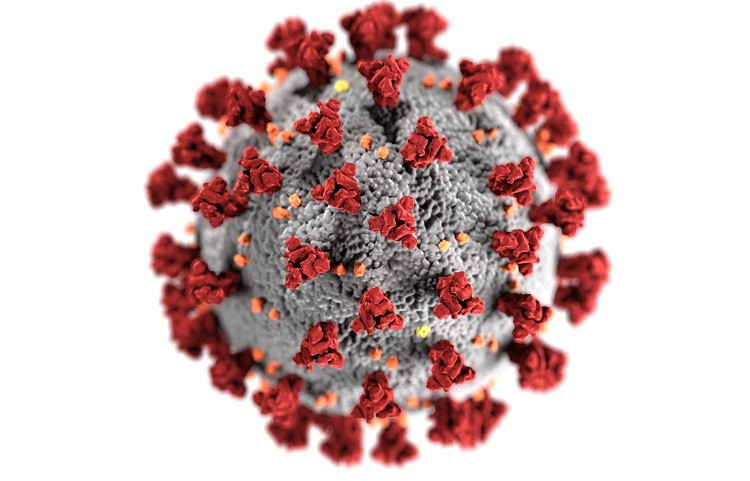England has successfully been able to remove all the Covid restrictions on the 19th of July. This was a decision taken by the government but this move has been taken as that major of a bad one. England has been turning a deaf year to the others who have been asking them not to do it. This caused widespread criticism for England too.
“If I wanted to design a big old experiment in order to create a more dangerous virus for the world, then I would do what the U.K. is proposing to do,” Michael Haseltine who is also a U.S. virologist. This is indeed a bad move on the part of England. What makes it worse is that their cases are on the rise too.
“Half the population vaccinated in the midst of a rampant pandemic, which would allow the virus to learn how to avoid our vaccines. That’s what I would do, and the rest of the world is justifiably concerned.”

When a virus is copied. The new strand that it creates can turn out to be something else, maybe even a more dangerous virus. There is actually no way to tell.
“You’re rolling the dice every time someone’s infected,” Charlotte Houldcroft, said which is indeed true because we do not know what mutant variant of the virus is going to come out of it. It can be something really strong and infectious.
“In a place with a big population of people and a lot of infectious people going around, you’re just rolling the dice more than once, you are rolling it too often — any population from any part of the world with many hundreds and thousands of people who can be infected at once is a worry, this is the reason why the rest of the world is watching the U.K.,” she said.
“The vaccines are obviously very useful — they can help in the prevention of new infections,” she said. “But the UK has also put a huge selection pressure on the virus, this means that any virus that can come upon a mutation will probably make it good or rather better at infecting vaccinated people. Ideally, they would have an advantage.”
Christina Pagel who is quite famous and known in her field of work told in a statement that there is a “quite a big risk” of a vaccine-resistant variant which can be created by a mutation in the UK now more than ever because of the upliftment of all the restrictions that was keeping it under control.
“But it’s the entirety of Europe, Canada and US and even the world that is also at risk. The infections are going up everywhere, along with within all of these high-income countries. We are all in the same situation, and once a vaccine-resistant variant arises in any of the mentioned at-risk countries then the world would pay the price, “ She also noted the fact that such a variant could “really take off” in an area that is well and sound populated, even in the well-vaccinated states and cities.